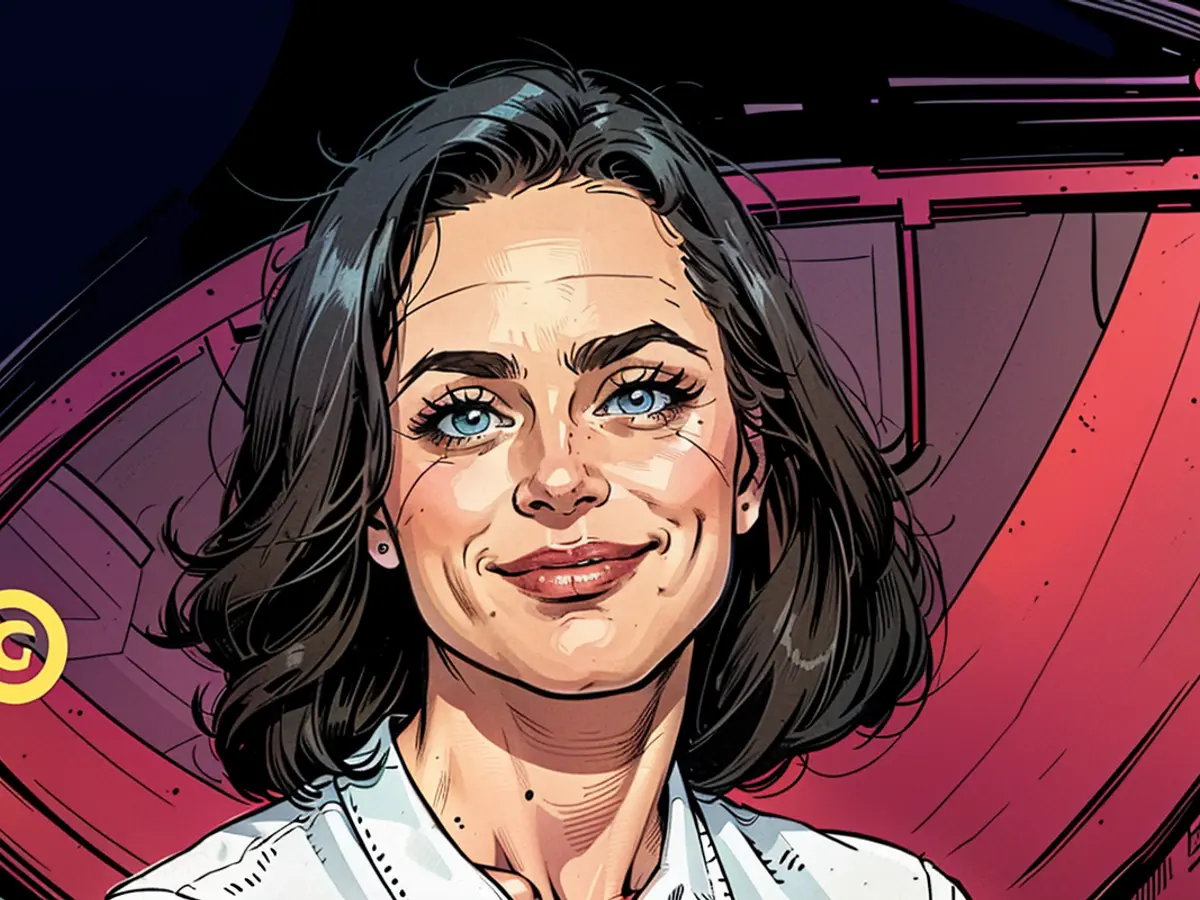"What's being smoked in the Chancellery?"
On a Friday morning, the German federal government presented a draft for the new budget. The ensuing dispute over it is pre-programmed. Guests on Markus Lanz's ZDF show wonder if Germany is overreacting.
They were proud when they announced the agreement on the new budget of the traffic light coalition: Federal Chancellor Olaf Scholz, Economy Minister Robert Habeck, and Finance Minister Christian Lindner. Not all traffic light politicians are on board. Defense Minister Boris Pistorius, for example, wanted more for the neglected Bundeswehr.
Shortly after the agreement on the new budget on Friday, which aims to maintain the debt brake, there was criticism from the SPD fraction. Its chairman, Rolf Mützenich, said before the press that the last word on the debt brake had not been spoken yet. In fact, the budget draft of the German government will be debated in the coming months by the parliament. That's its job, explains Ralf Stegner. The SPD politician is one of the guests on the ZDF talkshow "Markus Lanz," where the focus is on the situation in Germany and the budget draft of the German government.
"Germany has luxury problems"
"People sometimes act as if our state no longer functions," says Stegner about the current situation. Many people abroad would be happy to have our problems. "This nonsense bothers me terribly. Instead of saying, now is the time to roll up our sleeves and get to work." Yes, Germany has problems. The train, for example, doesn't always run on time. But, according to Stegner: "Germany has luxury problems."
The economic and political expert of the "Frankfurter Allgemeine Zeitung" sees it quite differently. Julia Löhr criticizes above all the economic forecasts of Scholz. Two weeks ago, the Chancellor predicted an incredible boost in Germany. Löhr: "But look at the numbers: Order intake in industry is declining, business climate is declining, exports are declining, and the economic forecasts are still poor. And sometimes one wonders: 'What's going on in the Chancellery?'"
Stegner does what traffic light politicians often do: He points to the war in Ukraine and the fact that the traffic light coalition managed to ensure that people did not freeze without Russian gas. Again, he calls for reform or the suspension of the debt brake so that money would be available for necessary investments. Among the existing framework conditions, the growth package of the German government is "quite adequate." "The advice we always get is quite blunt: More in armaments, less in social matters. If I do that, I can easily give the wagon driver an extra load of champagne." For Steger, the budget has achieved important goals: Ukraine will continue to be supported, while the social state will be preserved.
SPD has become the welfare party
This is the case, for example, with citizens' income. Those who refuse to work should be punished more harshly. But whoever voluntarily takes on a job should receive a premium. However, it is still unclear how high the premium will be, as well as the financing.
Löhr states that it's not enough yet. "Among the four million recipients of social benefits, 1.6 million are available to the labor market," she says. "And that's where it's important to get more of them into work." Stegner accuses her of: "I'm surprised that the SPD has become a party for social benefit recipients instead of representing the interests of those who work."
However, Stegner wants to be there for the employed. That's why he demands an increase in the minimum wage. He wants to achieve this in order to reduce the number of social benefit recipients who need to supplement their income.
End of the traffic light dispute
It's not unusual for the traffic light [coalition] to have a coalition dispute right after the budget proposal was made public, criticizes Löhr. And sports journalist Reinhold Beckmann wishes that "in the face of the September elections, you wouldn't always make your conflicts public on the stage, but that you would discipline yourselves. Because what's happening now can significantly change this republic. That's what bothers me when I see how every little conflict is publicly aired."
As Mützenich's criticism of the budget proposal, which Löhr refers to. The SPD is divided, says the journalist. There's the Scholz-SPD, which wants to hold onto the debt brake, and there's the SPD fraction, which wants to declare a state of emergency to suspend the debt brake. Löhr: "There's no exceptional emergency situation this year."
However, Stegner wants to minimize this dispute in the SPD. In the end, everything will be fine, he's confident. The budget bill will be passed with the votes of the traffic light [coalition], says he. "And there will be no new elections."
The debate over the budget draft, which aims to maintain the debt brake, has led to criticism from within the SPD, with its chairman Ralf Stegner stating that the last word on the debt brake has not been spoken yet. In relation to the budget policy, Stegner controversially suggests that Germany has "luxury problems" compared to many other countries.
Despite the divisions within the SPD on the issue of the debt brake and budget policies, Finance Minister Christian Lindner's traffic light coalition partner Ralf Stegner remains optimistic, predicting that the budget bill will be passed with their votes, preventing the need for new elections.








